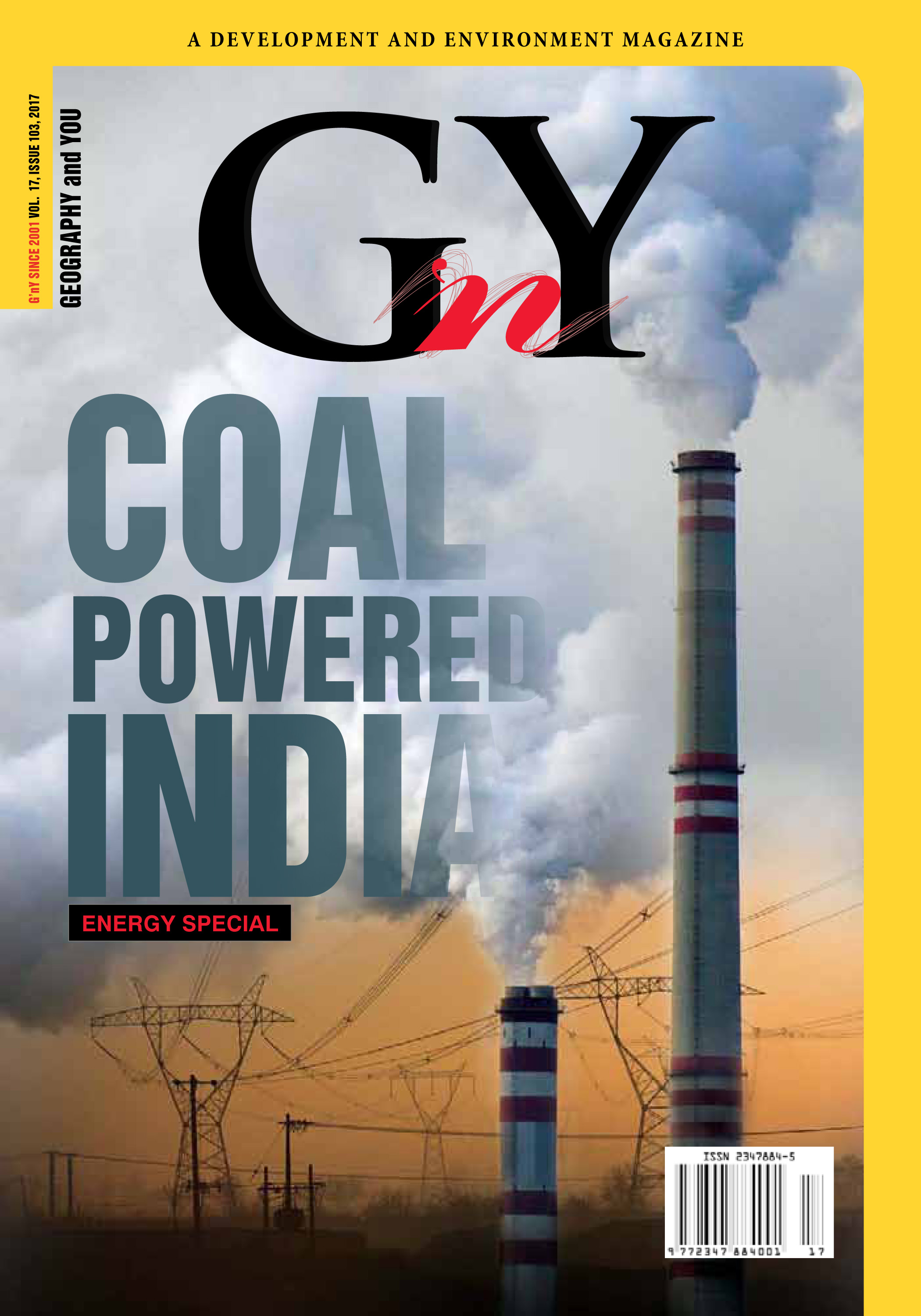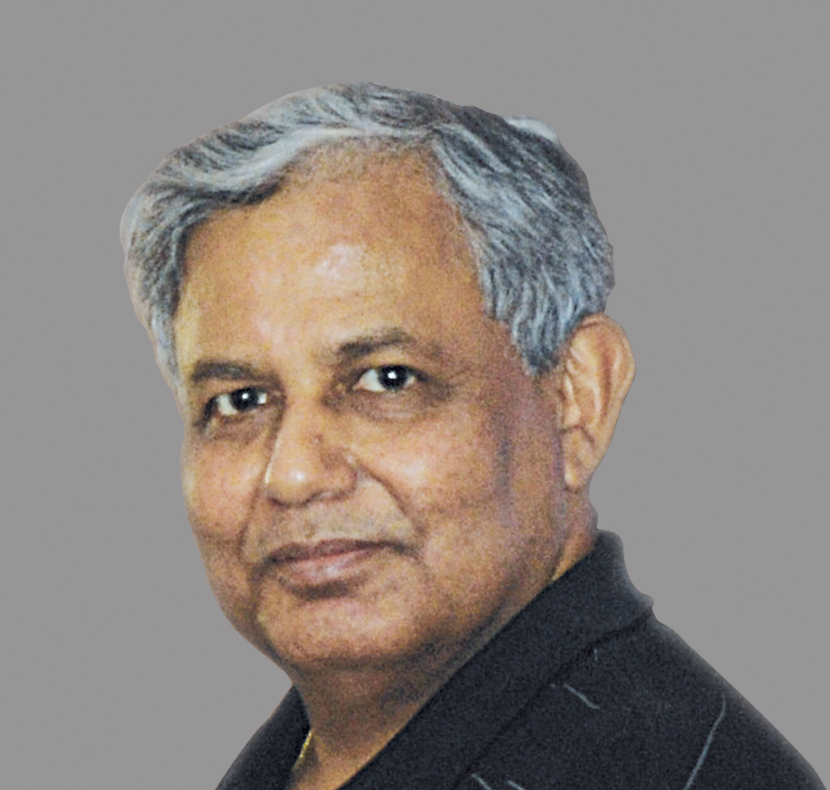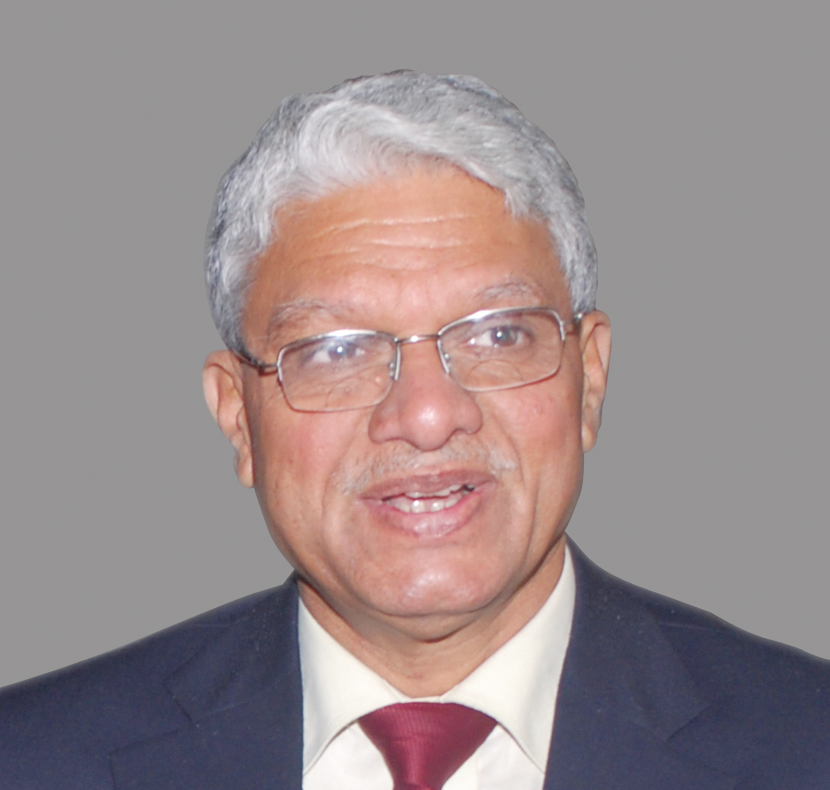
Expert Panel

Vice Chancellor, MG Kashi Vidyapeeth, Varanasi.

Chairperson, National Biodiversity Authority, Chennai.

Air Vice Marshal (Retd) Former DG, IMD, New Delhi.

Former Member Secretary, Central Pollution Control Board, New Delhi.

Former Director, NCAOR, Goa.

Professor, CSRD, Jawaharlal Nehru University, New Delhi.

Professor, CSRD, Jawaharlal Nehru University, New Delhi.

Director, Economic Research, Nielsen, New Delhi.
Inside this issue
Energy Access
The impact of providing energy access to basic needs such as food, infrastructure and overall development is a no-brainer, but can this interrelationship be institutionalised to measure the multiplier effect of energy access on the needs of societies?
World over, the move is towards renewable energy. However, India is registering steady rise in the consumption of coal.
Perspectives on Coal
Coal has been the main source of energy in India and through increased coal production, coal is still fulfilling the energy demands of the country. The quality of coal has always remained a matter of concern—presently being improved through regulatory mechanisms and technological initiatives.
Energy is a critical input for economic development. Almost one third of India’s population do not have access to electricity and a majority of population is still dependent on biomass for their cooking needs.
Nearness to coal deposits has been advantageous to the industrial locations that have to transport the bulkier raw material to production sites. Such locational advantages are, however, losing their tenacity in the present times.
There are different types of mining depending upon the techniques employed in the extraction of minerals. Each type has a bearing on varying environmental concerns related to biodiversity, air, water and land.
Mining activities are responsible for adverse changes in land use pattern. Ecorestoration is, therefore, essential for bringing back the original characteristics of the land.
Fueling Transport
Crude oil pricing corresponds to its quality—light and sweet crudes commanding the maximum premium. On an average, a sour crude could be cheaper by 4 to 6 USD per barrel than a lighter crude.
Transport fuels are one of the major contributors to carbon dioxide emissions. The other major contributor is coal based power generation. Several alternatives like solar, wind, hydro and nuclear power are being promoted to bring down the share of coal-based power in overall energy mix.
Development Alternatives
Energy is indispensable and its demand is growing manifold each day. With fossil fuels being finite in nature, alternative energy sources need to be explored. Natural gas hydrate offers a promising source due to its vast occurrence across the world.
India's Outdoors
Changthang Wildlife Sanctuary in the Leh district of Jammu & Kashmir abounds with a number of rare species of wildlife, many of which are unique to the region.
In brief
New paths to India’s energy security India continues to tread a cautious developmental path. It is presently not possible to ignore or downsize coal driven energy security. However, despite the odds, the nation needs to strive towards a path of clean and green energy. Nuclear is a cleaner optio

